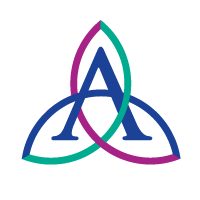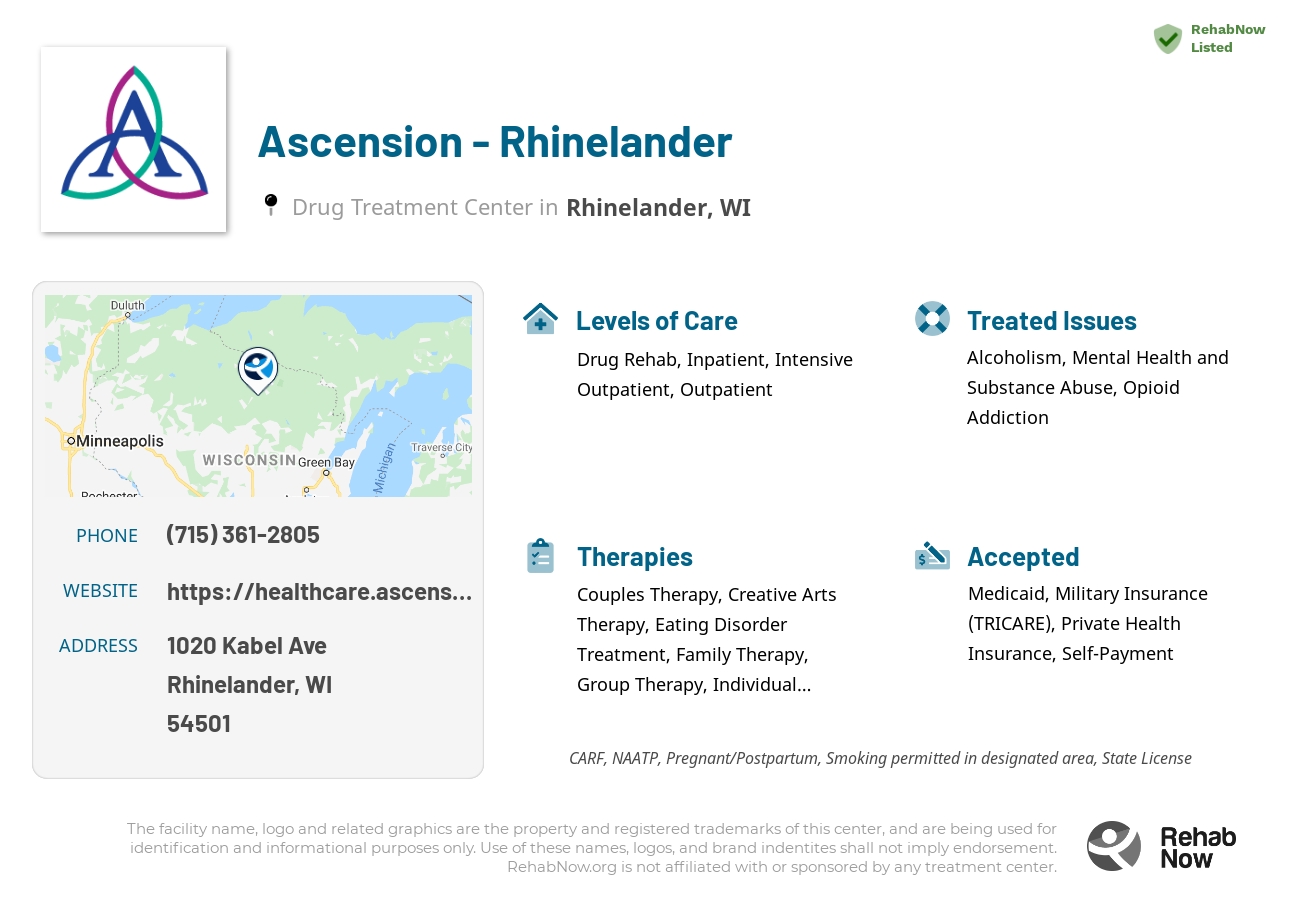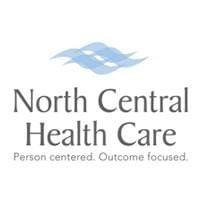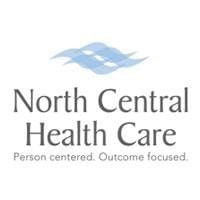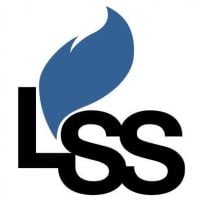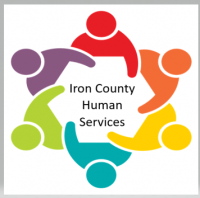Ascension - Rhinelander
Drug Rehab Center in Rhinelander, Wisconsin
Ascension - Rhinelander provides personalized, evidence-based care and treatment approaches at their facility in Rhinelander, WI for a range of addiction issues, such as dual diagnosis, opioid addiction, eating disorder, and drug addiction, with various levels of care including drug rehab, inpatient treatment, intensive outpatient care, and outpatient treatment.
About Ascension - Rhinelander in Wisconsin
Ascension - Rhinelander offers a full range of addiction treatments and recovery solutions at their Rhinelander, WI facility. Ascension - Rhinelander specializes in dual diagnosis, opioid addiction, eating disorder, and drug addiction treatment. With a network of certified clinicians, Ascension - Rhinelander provides individualized treatment to meet their patient’s needs. Their levels of care range from drug rehab, inpatient treatment, intensive outpatient care, and outpatient treatment.
Ascension - Rhinelander utilizes creative and evidence-based therapies, such as couples therapy, creative arts therapy, family therapy, group therapy, individual therapy, and nutrition therapy to facilitate healing and recovery. They also incorporate Cognitive Behavioral Therapy (CBT) and Motivational Interviewing to help their patients identify and overcome any potential triggers or underlying causes of their addiction. Ascension - Rhinelander also accepts Private Health Insurance for those who need it and is affiliated with Ascension - Wisconsin.
Genders
Ages
Modality
Additional
Conditions and Issues Treated
Opioid addiction starts when a person becomes addicted to legal or illegal opioids. The addiction can happen quickly, in just a matter of days. Opioid withdrawal can be extremely uncomfortable and lead the user to continue to use even if they want to quit. Stopping using an opioid requires medical observation. Sometimes inpatient treatment with a medically supervised detox is necessary for managing the withdrawal process while learning lasting tools for maintaining recovery. Medications may be used in some cases of opioid addiction.
Opioid addiction is one of Wisconsin‘s most prominent forms of addiction. It’s treated by detoxifying the body so that the chemicals from the medications no longer impact them and by therapies to correct behavior and target the root of the problem.
Levels of Care Offered
This center offers a variety of custom treatment tailored to individual recovery. Currently available are Drug Rehab, Inpatient, Intensive Outpatient, Outpatient, with additional therapies available as listed below.
Individuals who are suffering from severe addiction or have a high risk for dangerous health concerns are often recommended to receive inpatient treatment.
Choosing to enter an inpatient treatment program is beneficial for people who are suffering from severe addiction, or who have a high risk for dangerous health concerns.
Inpatient treatment is beneficial for:
- People who have a history of severe withdrawal.
- People who have attempted to overcome addiction on their own without success.
- People who have a history of relapse, or have recently relapsed.
- People at risk for drug overdose or withdrawal-related complications.
- People with medical conditions that are worsened by drug or alcohol use.
Addicts who need help with their addiction can enroll in an intensive outpatient program (IOP). But the patient won’t live there during treatment.
IOP involves patients visiting a medical office building regularly for therapy and other services while continuing to live their lives.
IOP is a step up from drug or alcohol detox, but it’s still a phase of recovery, not the end goal. Patients in need of IOP have many options for rehab and treatment.
Outpatient treatment is considered the lower intensity level of addiction treatment. It’s ideal for early phase addiction or lower intensity addictions. It may include weekly sessions instead of daily. It may include weekly sessions instead of daily. Peer group support, 12-step programs, and individual counseling may still be involved but at a lesser frequency than an intensive outpatient program. It is a good choice for someone who doesn’t need to go through a medically supervised detox and who has a supportive home environment. It requires motivation and dedication to commit to the program without constant monitoring.
Therapies & Programs
Individual therapy involves one-on-one sessions between the patient and therapist. It provides patients with a safe environment to openly discuss personal and sensitive issues with the therapist. They find the therapist as someone they can trust. Individual therapy aims to identify the core issues that would have led the patient to substance abuse and address them effectively. The therapist can develop patient-specific customized solutions through individual therapy, which aids speedier recovery.
Couples therapy works with clients and significant others in a professional capacity to improve relationship dynamics. This can be helpful for addicts who are trying to marry the idea of recovery into their work, family, social lives – any aspect that has to do with relationships.
Through counseling sessions, addicts will have an opportunity to talk about their addiction with professional partners. These partners can offer feedback and advice on how to get sober while keeping healthy relationships intact. A good couples therapist will help addicts understand their part in an unhealthy relationship dynamic or find ways to deal with anger or resentment from significant others outside of the home.
Family therapy is a group problem-solving that aims to improve communication and relationships between the addict, their family, and sometimes friends. The main goal of family therapy for drug addiction is to create an environment where communication can occur without judgment, hostility, or blame. The therapist is with the family as they learn to communicate differently, especially with the addict when s/he is using. The family can learn to reduce their enabling behavior or rally together and support each other during tough times.
An addict’s family can play a vital part in helping them to avoid relapse because they can spot the warning signs and help them get back on track before it becomes too much of a problem. Family therapy is one of the most effective ways to help addicts stay on the path to long-term sobriety. When a drug addict decides that they want to try and get sober, it takes the support of every person they love to succeed. It can be incredibly difficult for loved ones to watch an addict go through the pain and suffering of withdrawal, but by being there with them and supporting them, they can help to make sure that the addiction never returns.
Groups typically involve meetings with other recovering addicts who can relate to one another’s experiences. They might meet in person or online and typically focus on the process of staying sober rather than overcoming a specific addiction.
In these groups managed by Ascension - Rhinelander, addicts can build a sense of community and develop strong emotional connections with others who understand what they are going through. These beneficial relationships can help addicts overcome their cravings and prevent relapse at any point during the recovery process.
In general, trauma therapy is a clinical process that helps individuals deal with mental stress often caused by traumatic events. The therapist helps the person identify, understand, and work through the problem. This is done with the help of talking about it in group or one-on-one counseling sessions. Therapists use relaxation, role-playing, art, and music to help the person open up about what is bothering them.
There are many different types of trauma therapists, such as psychiatric nurses and counselors. Not everyone is a good candidate for this type of therapy; it is generally reserved for people who have recently experienced a traumatic event and struggle to get over it. It is often done for children, teenage victims of sexual assault, and war veterans.
There is hope for people who are addicted to drugs and alcohol. Cognitive Behavioral Therapy (CBT) is the solution. CBT focuses on the underlying thoughts and behaviors that caused the addiction problem in the first place and may cause a relapse. This type of psychotherapy addresses negative feelings common in substance abuse disorders. It helps to change them by restructuring thought patterns. It’s about removing negative thoughts and providing long-term benefits while promoting self-awareness, self-control, and healthy ways to respond to negative thoughts. These sessions can be done by themselves or as part of combination therapy.
The goal of medical nutrition therapy for drug and alcohol addiction is to help patients avoid “trigger” foods. For example, someone who craves alcohol may be addicted to sugar. Making sure this person eats a balanced diet with recommended amounts of protein, vegetables, and fruit can help manage urges to drink.
Nicotine replacement therapy treats nicotine addiction using external sources of nicotine, such as patches or gum to substitute for nicotine. This allows people trying to quit smoking to get their desired dose of nicotine without actually having to smoke cigarettes. The idea behind NRT is that by providing smokers with nicotine in forms that are not cigarettes, they may be more likely to quit smoking.
NRT has been available for many years now, and there is a wealth of evidence that shows that it helps people trying to quit smoking. There are several different types of NRT devices on the market now. Patients interested in quitting smoking should talk to their doctors about the best kind of NRT for them.
Payment Options Accepted
For specific insurance or payment methods please contact us.
Is your insurance accepted?
Ask an expert, call (888) 674-0062
Ascension – Wisconsin Associated Centers
Discover treatment facilities under the same provider.
- Columbia St. Mary's Hospital - Ozaukee in Mequon, WI
- Ascension St. Francis Hospital - Outpatient Center - Behavioral Health in Milwaukee, WI
- Ascension St. Francis Hospital - Outpatient Center - Behavioral Health in Milwaukee, WI
- Ascension - St. Michael's Hospital in Stevens Point, WI
- Ascension All Saints Hospital - Spring Street Campus in Racine, WI
Learn More About Ascension – Wisconsin Centers
Additional Details
Specifics, location, and helpful extra information.
Rhinelander, Wisconsin 54501 Phone Number(715) 361-2805 Meta DetailsUpdated November 25, 2023
Staff Verified
Ascension - Rhinelander Patient Reviews
There are no reviews yet. Be the first one to write one.
Rhinelander, Wisconsin Addiction Information
Wisconsin has some of the highest rates in the United States for both adolescent and adult substance abuse. Since 2009, the state has been experiencing the same escalating rates of drug abuse and addiction as the rest of the country. The major concerns are the misuse of prescription painkillers and the escalating number of deaths due to alcohol-related liver disease.
The rate of drug overdoses in Rhinelander, WI was 21.5 per 100,000 people in 2017. Heroin was involved in 155 overdose deaths in Rhinelander in 2015 and 70% of overdose deaths involved an opioid. Alcohol and drug addiction are having a significant impact on the community. Rhinelander, WI, has a few different drug rehab facilities. Drug treatment can vary depending on the facility, but it will generally involve detoxification, therapy, and aftercare.
Treatment in Nearby Cities
- Merrill, WI (33.6 mi.)
- Wittenberg, WI (56.6 mi.)
- Saint Croix Falls, WI (157.1 mi.)
- Montello, WI (127.1 mi.)
- Wausau, WI (47.4 mi.)
Centers near Ascension - Rhinelander
The facility name, logo and brand are the property and registered trademarks of Ascension - Rhinelander, and are being used for identification and informational purposes only. Use of these names, logos and brands shall not imply endorsement. RehabNow.org is not affiliated with or sponsored by Ascension - Rhinelander.
